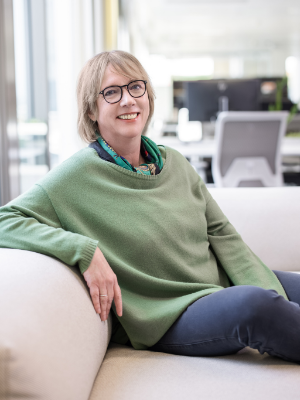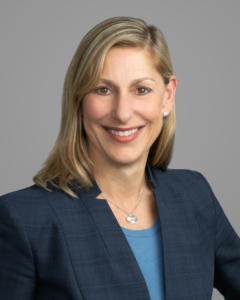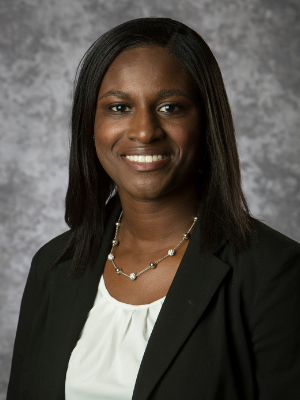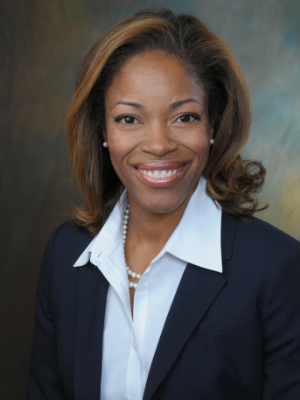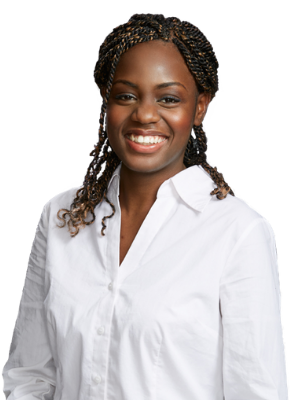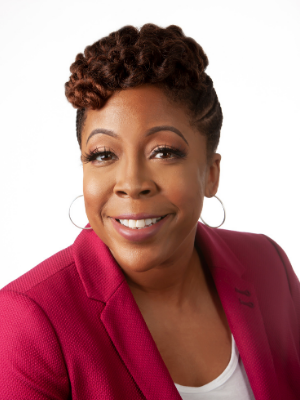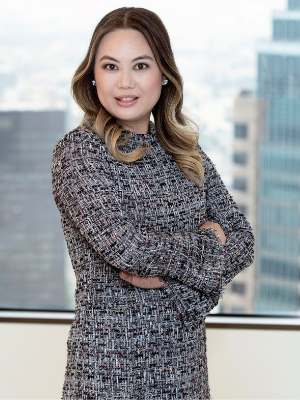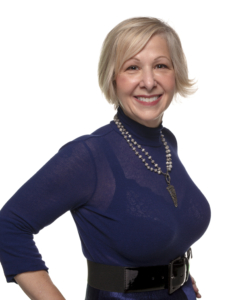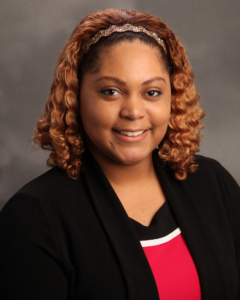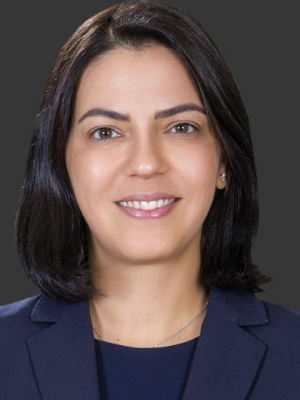 “If you look at the Shearman & Sterling office in the Middle East, it’s a truly diverse office which represents the region in which we are operating,” testifies Renad Younes, who joined the firm over two years ago.
“If you look at the Shearman & Sterling office in the Middle East, it’s a truly diverse office which represents the region in which we are operating,” testifies Renad Younes, who joined the firm over two years ago.
From Abu Dhabi, Younes speaks to how she prioritizes relationships in her advisory work, as a female leader in the Middle East with pride in diversity and inclusion.
Relocating Back to The Middle East
After growing up in Palestine, Younes moved to London to complete her higher education at the London School of Economics in 2003. She stayed in London for ten more years—working, getting married and having her first child.
The London scene magnetized her to the work of large law firms, and she quickly found that international M&A and projects work was closely related to her keen interests—navigating cross-border transactions, collaborating with diverse people and working with different laws, transactions and involved parties to meet their needs.
In 2013, Younes made the move to Abu Dhabi to be closer to her clients in the region. Relocating also meant that she was closer to family.
Younes continued to practice law as she also began to raise her family. Able to balance her working life and family without putting her career on pause —Younes made partner in 2014.
“Being a successful career woman doesn’t mean sacrificing your family life,” says Younes, who had her second child in 2016. “You have to put your mind to it and be organized – but it’s not impossible to have a successful career just because you’re a woman or a parent.”
Younes reflects on diversity at work: “inclusivity at work, while it’s perceived as a gender issue, is actually much broader than that. It’s about creating an environment which is supportive of all people so that it’s not impossible to balance your work and personal life. That is what I have been fortunate enough to experience.
“At Shearman & Sterling, our commitment and focus around diversity and inclusion remains non-negotiable,” she continues. “I think the ongoing pandemic has shown just how important it is that our workplaces are inclusive of the responsibilities we all have, regardless of gender. Whether you’re a parent or caring for parents, or simply have other interests and responsibilities, we all have demands outside of work.”
Mediating Within Complex Relationships
“I work with commercial enterprise clients and government organizations who typically have a social responsibility emphasis,” Younes notes. “I am quite aware that the image attached to M&A is that you’re only focused on business, but it’s just not the case in our day-to-day job.”
She observes that the clients that work with her at Shearman & Sterling are highly involved in the community aspect and awareness of what they bring to where their business is operating, which animates her as well.
“Helping and empowering the community through developing their natural resources for example is fulfilling for me as a lawyer,” says Younes, who mediates between governments, government owned companies, international companies and communities—supporting communities, governments and corporations towards what they aspire to achieve.
“I think the technical legal aspect is very interesting,” she says, “but the human interactions, working with different cultures and political structures and governments, draws me the most to what I do.”
Staying Close to Your Team and Your Clients
Younes reflects on her role as a more senior lawyer and a member of the firm’s executive management: “As I become more senior, it’s about having a successful team that enables us to execute complex transactions and deliver whilst creating the right environment for those coming through,” she notes. “It’s about the importance of our team, both collectively and as individuals.”
Younes knows that managing a successful team is about “creating and implementing a meritocracy- not an autocracy in which there is one voice and people follow. Nor is it a democracy in which nothing can be achieved without an equal weight to every single opinion—but a meritocracy that encourages different perspectives and explores the various opinions of all team members in proportion to their merits.
“It is ultimately what makes us successful,” she continues. “Having a team that shares the same values and views is wonderful, but you also want people that challenge and push each other so that you encourage creativity. Great teams do both equally well.”
As to the clients, for Younes, being an M&A lawyer is not just working through the next deal, but about nurturing a long-term relationship and becoming an advisor to her clients.
“I think of myself as a member of the client’s team. One of my aspirations as a lawyer is not to be perceived as an external supplier of services, but to become a trusted advisor,” she says. “It’s a personal relationship—clients want to call the person they trust will give them the right advice that is tailored for them.”
What has surprised her is that she never stops being fascinated and compelled by the work. Each year, she sets out with more momentum and aspirations, even as the work demands have become more difficult with seniority.
“It doesn’t matter how many deals you have done, how much work you have on, there is something new everyday and something new that you learn, whether from clients, transactions, team members at Shearman or in other firms, including opposing counsel,” she says. “You have to stay on your toes and continue to be relevant. That’s great, as it keeps the job fascinating and interesting.”
Being in the Company of Senior Women Leaders
“The perception is that M&A and projects is a male-dominated field, but that has not always been my experience. Many of our clients are diverse and we have many senior very successful female clients,” says Younes. “The diversity progress that I have witnessed in the market in the past few years has been very encouraging.”
Younes is especially proud of her Shearman & Sterling team, and how well they have maintained team cohesion over the last year while delivering results to clients.
“I’ve only been with Shearman & Sterling for two years, but it’s amazing how diverse the firm is – the number of female partners, female associates, different cultures and diverse perspectives. There’s a genuine attention and commitment to diversity and we have implemented a number of initiatives that are aimed to increasing diversity and inclusion in the firm,” she observes.
“It’s not just talking about it, it’s actual implementation, and not just because of the stats,” testifies Younes. “We genuinely believe it’s important to have different perspectives in the meeting room.”
Looking Towards Our Possibilities
Most of Younes’ spare time is spent with her family.
While it’s a big adjustment and many are struggling, she thinks the flexibility realized by the remote office will hopefully serve to empower women and indeed everyone juggling work and personal commitments.
Looking at the future, she is excited about our human capacity for innovation and the possibility of communities being catalyzed to come together to create new solutions amidst the collective challenges in the world right now.
By Aimee Hansen

